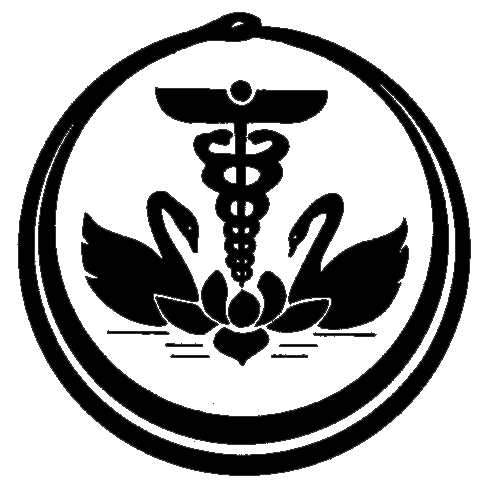Signs and Symptoms
Features of Jwara include abnormal taste in the mouth, heaviness of body, aversion to food, tiredness, body aches, mental agitation. There is usually absence of sweat and raised body temperature. Fevers which are due to exogenous factors (agantujanjwara) manifests directly without any prodromal symptoms.
Vata dominant Jwaras are associated with abrupt onset and remission, there is an irregular pattern in the rise of temperature. Also, there is an increase of temperature during Vata dominant times like evenings and early mornings. Dry skin and lack of urine and constipation. There is usually severe pain radiating from the toe to the upper body. There is numbness of feet and cramps in the calves. A dryness in the mouth, palate and excessive thirst is also found accompanied to a distaste in the mouth. There is a desire for hot things.
Pitta dominant Jwaras are associated with high temperatures. There is an increase in the symptoms in pitta dominant times like during digestion of meals, midday, midnight and in autumn. There is a pungent taste in the mouth and unquenchable thirst. Giddiness and vomiting of bile is usually present It is associated with a desire for cold things.
Kapha dominant jwaras are usually mild. Symptoms increase after meals, early night or in the spring. There is a heaviness in the body, sweet taste in the mouth. Nausea, vomiting cough and cold. There is a desire for hot things.
Vata Pitta dominant jwaras are associated with headache, pain in the joints, burning sensation, dryness of throat and mouth, nausea, thirst, sleeplessness and excessive talking.
Vata Kapha jwaras are associated with a desire for hot things. Symptoms include feeling cold, heaviness, drowsiness, pain in the joints, heaviness in the head, cough, cold and a moderate rise in temperature.
Kapha Pitta jwaras are associated with both cold and hot. There is either an increased or decreased sweating, anorexia and bitterness in the mouth and drowsiness.
Treatment and Prognosis
Sukhasaadhya jwaras or easily curable jwaras are those which are externally manifested, Seasonal manifestation and the patients has a strong constitution and has good mental strength.
Jwaras which are difficult to cure, and which have a poor prognosis are those where there is an increased involvement of the doshas, multiple symptoms, giddiness, delirium, the patient is weak and debilitated and is unstable mentally.
The treatment is decided after assessing the patient and the state of the doshas. Therapeutic fasting and measures to create a lightness in the body are very effective in the early stages of jwara. This promotes digestion of the toxins and alleviates body temperature. However, the strength of the patient both physically and mentally must be good for this. Hydration is maintained with the help of hot water consumption. Hot water stimulates digestion, disintegrates Kapha and the toxins and regulates normal functioning of Vata and Pitta.
A light diet which is usually made up of soups and easily digested dhals like mung dhal are given for at least 10 days. Ghee is also prescribed to improve the digestive agni. After the patient has attained proper strength, purification therapies to remove toxins and prevent recurrence are done.
Panchakarma Methods
Mild fomentation like a thick blanket to cover the body is advised in the early stages of Jwara . This clears the sweat channels and normalises the body temperature.
Vamana or therapeutic emesis is indicated if kapha is excessively aggravated. It is also indicated in the initial phase of the jwara and if there is excessive salivation, nausea and cough.
Virechana or therapeutic purgation is indicated when pitta is aggravated. It is usually performed in the later stages of Jwara and if the patient is strong.
Basti or medicated enema is given if there is a lot of Vata aggravation
Nasya or intranasal drug administration is done in chronic diseases and when there is heaviness, headache and sense of smell is affected.
Wholesome food and lifestyle factors
Once the patient has recovered from the jwara he should take light foods which are easily digestible. These include Mung and Masoor dhals, pomegranates, grapes and gruels made from murmura (puffed rice). He should have plenty of both physical and mental rest.
Foods that are heavy to digest, unwholesome and cause a burning sensation are not advised. Excessive physical and mental activity should not be done.
Clinical features after recovery include a lightness in the head and body. Proper perspiration, absence of temperature, return of hunger and normal functioning of the sense organs.
If Jwara is not managed properly there could be relapse. Therefore, purification therapies should be done properly, and a proper lifestyle should be followed.
Mrs. Mira Swami, Dept. of Ayurveda
